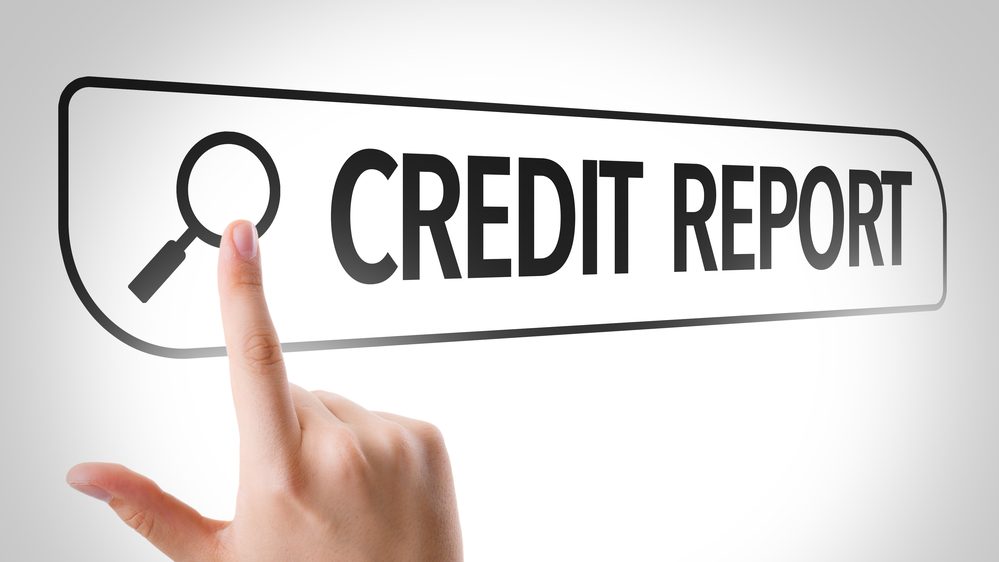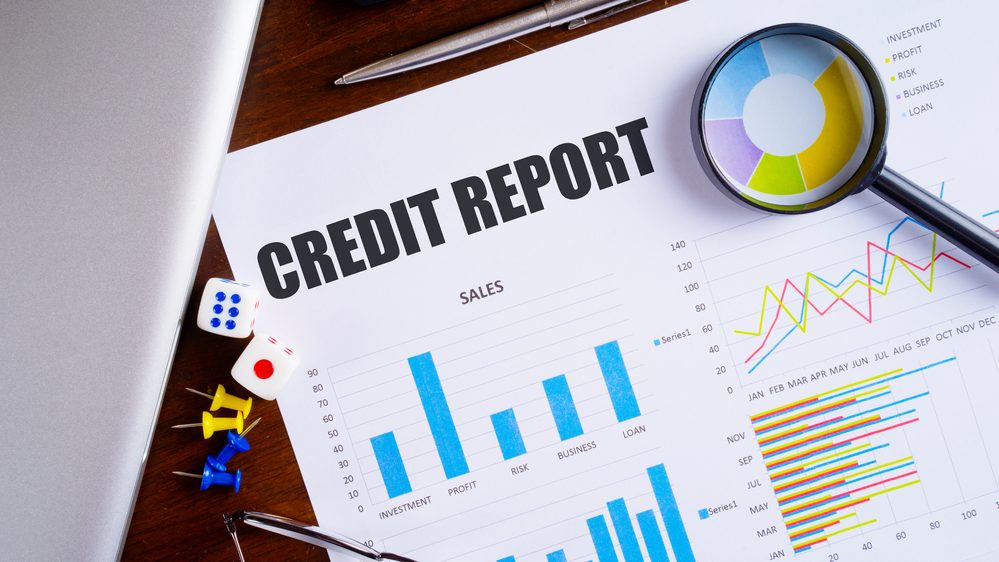Most people know that taking out a loan can affect your credit score. But many people don’t realize that there are different types of loans, and each has a different impact on your credit. In this post, we aim to answer the simple question: How do installment loans affect your credit?
Installment loans, for example, are those where you borrow a set amount of money and then make monthly payments until the loan is repaid. These types of loans can positively or negatively affect your credit, depending on how you use them.
This article will examine how an installment loan can impact your credit score and what you should know before taking one out.
Let’s get started.
What is an installment loan, and how do they work?

An installment loan is a type of loan where you borrow a set amount of money and then make monthly payments until the loan is repaid. These loans are often used for large purchases, such as a car or a home but can also be smaller loans to help with everyday needs like home or car repairs.
Installment loans typically have a fixed interest rate, which means that your monthly payments will stay the same for the duration of the loan. This makes them different from credit cards, which have variable interest rates that fluctuate based on market conditions.
How do installment loans affect your credit?

Every loan you take out will impact your credit, and installment loans are no different.
Here’s a look at the three primary related ways a personal loan can impact your credit and your life.
Credit Scores
One of the primary ways an installment loan can affect your credit is by impacting your credit score.
Your credit score is a number that lenders use to determine your risk level, and third-party agencies called credit bureaus manage these scores. Every financial institution you work with and many services you sign up for (like credit card vendors, cellphone providers, etc.) will report your information to these agencies. This information is then used to create a credit score.
The higher your score, the lower the preceived risk, and the more likely you will be approved for a loan. On the other hand, a lower score means you represent a higher risk, and you may be denied a loan or given less favorable terms.
If you are curious about your credit rating, most credit bureaus like Equifax offer a free credit report to Canadians. Check out their website for more details.
Available Credit
Another factor to consider is your available credit. Your available credit is the difference between the total amount of credit you have, and how much you currently owe.
For example, let’s say you have two credit cards with limits of $1,000 each ($2,000 total), and you currently owe $500 on one and $300 on the other. This means you have $1,200 in available credit.
Low amounts of available credit can make it more challenging to get approved for new loans in the future.
Purchasing and Rental Power
Another way installment loans can affect your credit is by impacting your purchasing and rental power. This refers to your ability to qualify for favorable terms on future purchases or rentals.
For example, let’s say you want to buy a new car but currently have a separate installment loan with a high-interest rate and large balance. The dealership may require you to get a co-signer for the loan or offer you a higher interest rate because of the risk involved in lending to you.
Before taking out an installment loan, it’s essential to understand how it could affect your ability to qualify for favorable terms on future purchases or rentals.
Three ways installment loans can help you build credit

While an installment loan can negatively impact your credit, there are also some potential positives. Here are three ways that taking out an installment loan (and responsibly managing the regular payments) can help you build credit.
1. Payment History
One of the most significant factors in calculating credit scores is your payment history, which is a record of whether you’ve made your payments on time.
Making on-time payments with an installment loan can help improve your credit history, which will, in turn, improve your credit score.
2. Credit Utilization Ratio
Your credit utilization ratio is the amount of debt you carry compared to your total credit limit. Looking back at our previous example., let’s say you have two credit cards with limits of $1,000 each ($2,000 total), and you currently owe $500 on one and $300 on the other. This means your credit utilization ratio is 40%.
Installment loans can help improve your credit utilization ratio by getting debt off your revolving accounts (like a line of credit or credit cards) and onto an installment account. If you don’t max out your new loan and continue making all your payments on time, this can help improve your credit score.
3. Credit Mix
Your credit mix is the variety of credit you have, including revolving (such as credit cards) and installment (such as loans) accounts.
Having a good mix of different types of credit can help improve your credit score. So, if you don’t have any installment loans on your credit report, taking out one and managing it responsibly can help improve your score, so long as you responsibly make your expected payments.
Two ways installment loans can hurt your credit profile

While an installment loan can help your credit in some ways, there are also potential negatives. Here are three ways that taking out an installment loan and failing to manage it responsibly can affect your credit profile.
1. Late Payments
One of the most significant factors in your score is your payment history, which records whether you’ve made your payments.
Missing just one payment on an installment loan can damage your payment history, which will, in turn, damage your credit score.
2. Loan Default
If you default on an installment loan, the lender may report the delinquency to the credit bureaus.
This negative information can stay on your credit report for up to seven years, damaging your credit score and making it difficult to qualify for new credit.
How long do installment loans stay on your credit report?

The effects of an installment loan on your credit depend on how you manage the account. If you make all your payments on time and keep your balance low, an installment loan can help improve your credit score. However, if you miss payments or default on the loan, it can damage your credit score.
Installment loans generally remain on your credit report for up to seven years from the date of last activity, which is the date of your last payment. So even if you repay an installment loan in full, it will still show up on your credit report for several years afterward.
It’s important to remember that having this on your credit report is only a bad thing if the information is negative. A loan that has been paid back on time and in full is a positive for future lenders.
What happens if you don’t pay back an installment loan?

If you take out an installment loan and default on the payments, the lender may report the delinquency to the credit bureaus. This negative information can stay on your credit report for up to seven years, damaging your credit score and making it difficult to qualify for new credit.
The best way to avoid this is to make sure you only borrow what you can afford to repay and always make your payments on time. If you’re struggling to make your payments, reach out to your lender as soon as possible to try and work out a payment plan or alternative arrangement.
How to avoid defaulting on your installment loan

If you think there’s a risk that you may miss payments or default on your loan, it’s best to be proactive.
Here are two things to consider if this applies to you:
Debt Consolidation
If you’re struggling to keep up with your payments, one option is consolidating all your debts into a single loan. This can make managing your monthly payments easier and help you avoid defaulting on your loans.
This type of credit option is becoming increasingly popular in Canada as people struggle with credit card debt and the costs start to climb on personal loans, auto loans, and other types of credit with fixed interest rates.
Debt Refinancing
Another option is to refinance your debt, which means taking out a new loan to pay off your debts. This can help you get a lower interest rate and make your monthly payments more manageable.
Both options have potential risks and should be considered carefully before moving forward. If you’re not sure what to do, it’s always best to speak with a financial advisor or professional who can help you understand your options and make the best decision for your situation.
Final Thoughts
An installment loan is a loan you repay over time in fixed monthly payments. The effects of an installment loan on your credit depend on how you manage the account.
If you make all your payments on time and keep your balance low, an installment loan can help improve your credit score. However, if you miss payments or default on the loan, it can damage your credit score.
Are you ready to apply for a loan? At SkyCap Financial, we have loan options for Canadians with both good and bad credit. Please fill out our application form to apply now!







